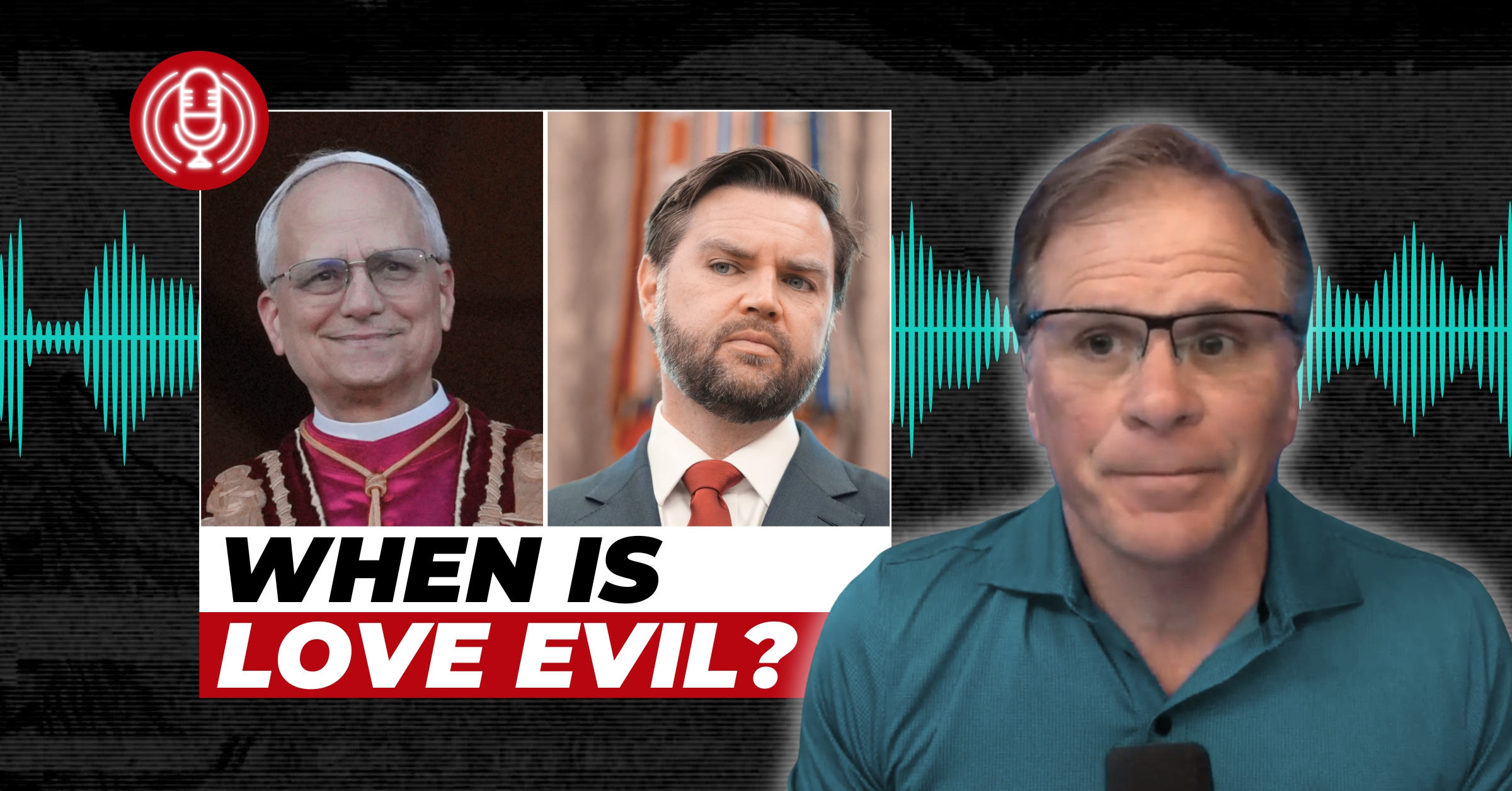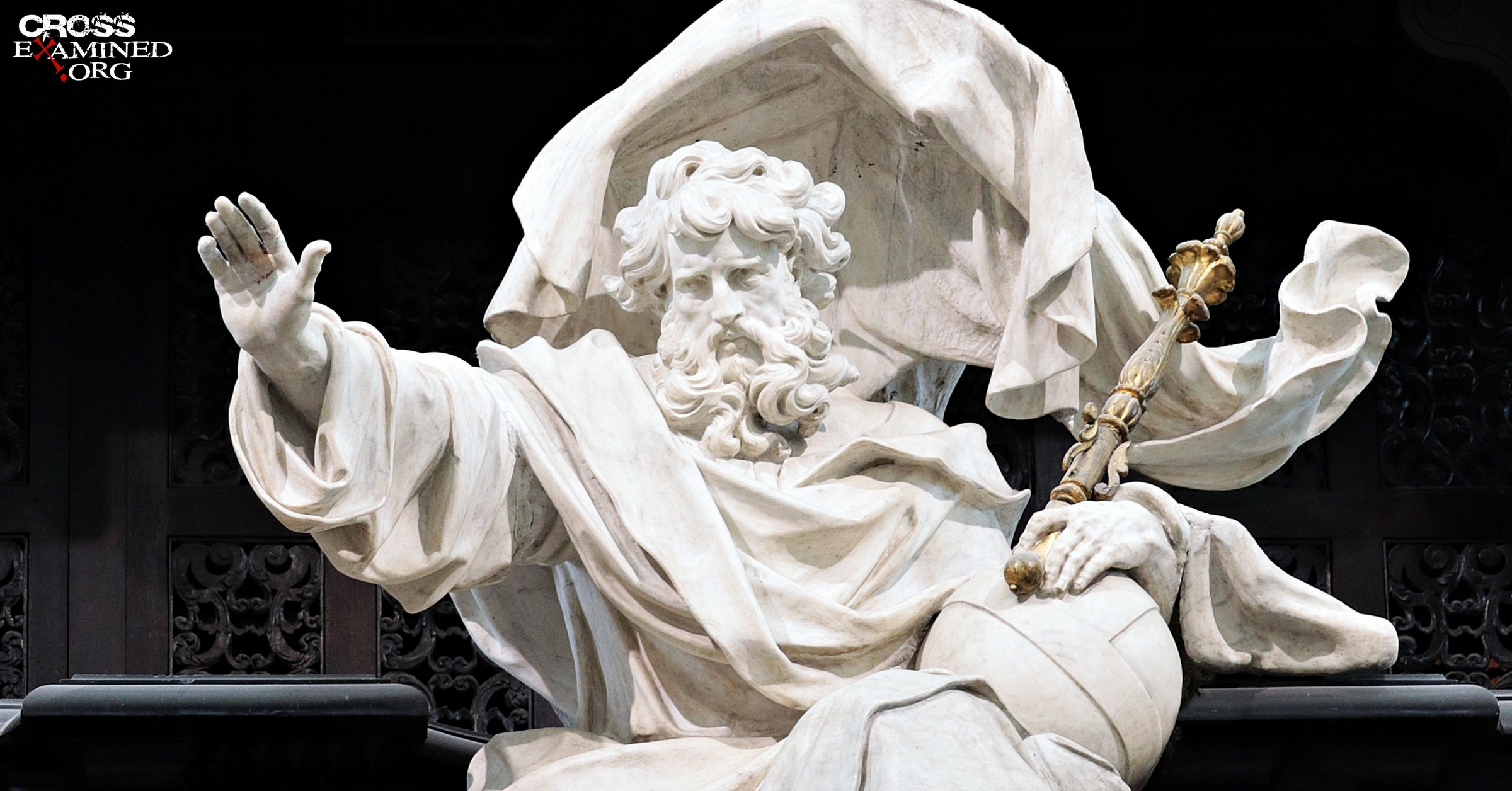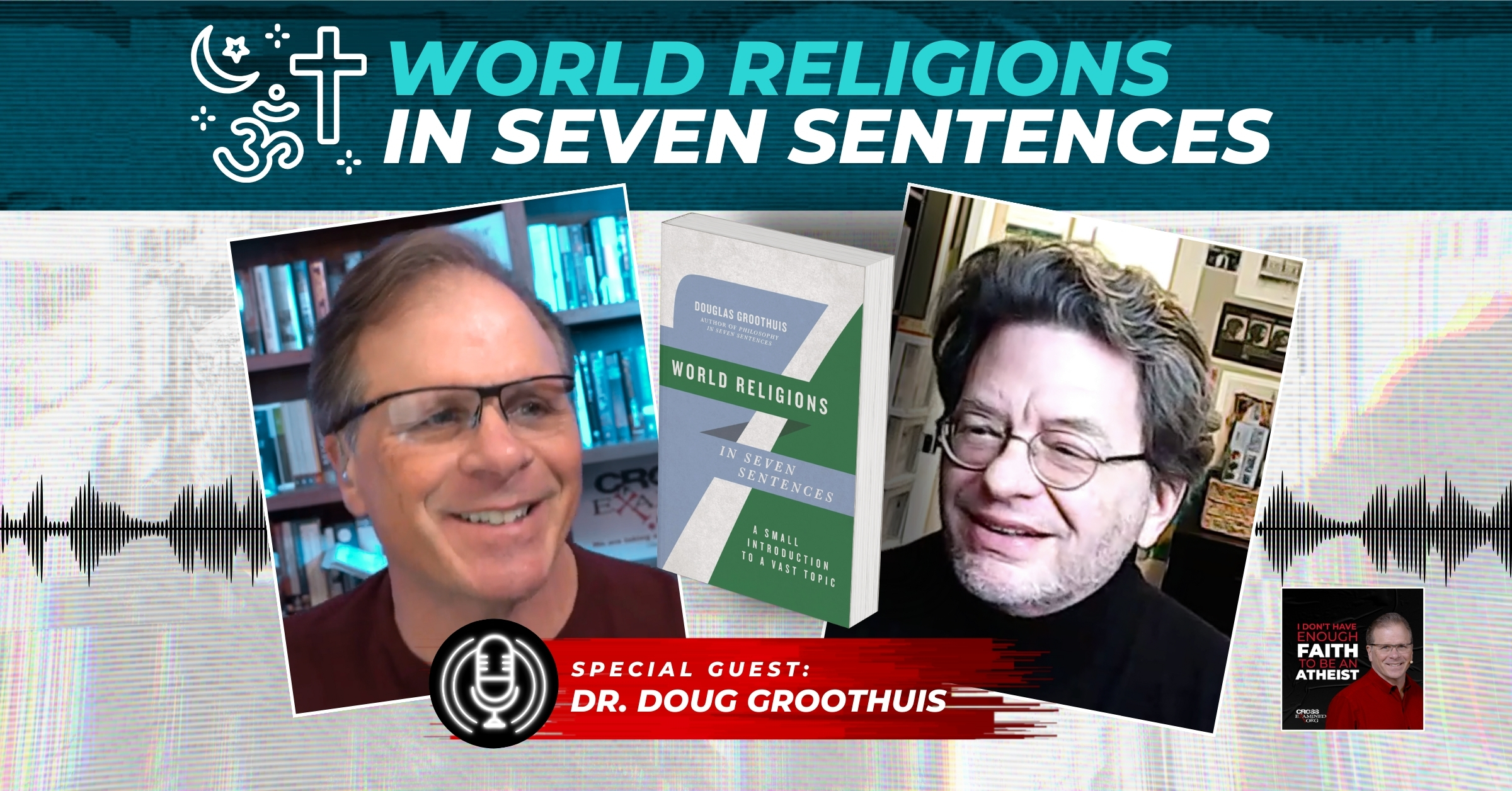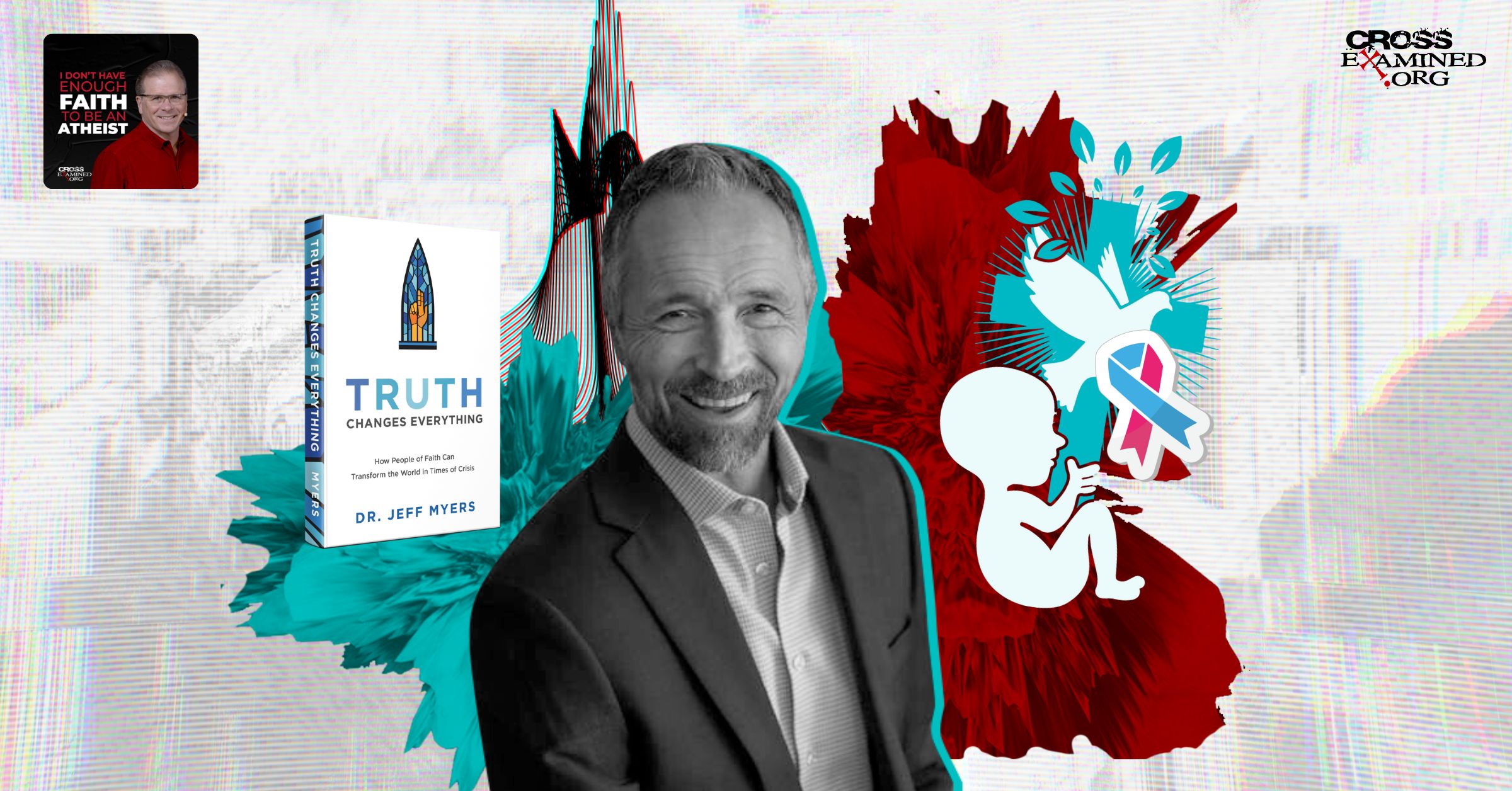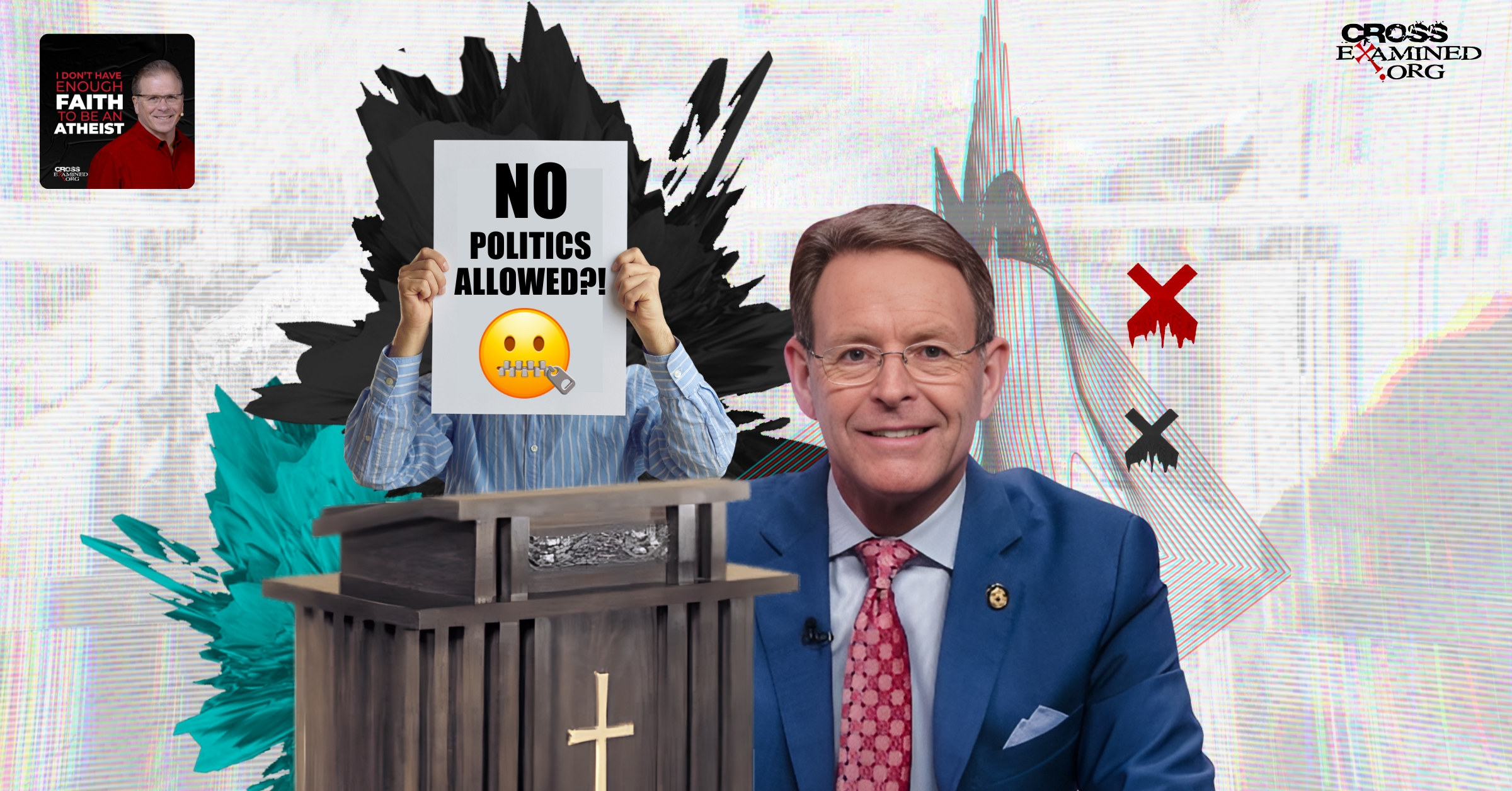Pro-Life Apologetics from Scott Klusendorf’s The Case for Life
The debate over abortion remains one of society’s most divisive issues. Pro-life advocates argue for the rights of the unborn, emphasizing the sanctity of life from conception and advocating for policies to protect fetal humans. On the other hand, pro-choice advocates defend the right of individuals to make autonomous decisions about their bodies and reproductive health. Amid these deeply held convictions are discussions about the moral status of the unborn, making it a debate that is both intimate and public, personal and political.
Everyone Has An Equal Right to Life . . . Or Not
In his book, The Case for Life: Equipping Christians to Engage the Culture, pro-life apologist Scott Klusendorf writes, “The question of truth and of human value are driving our national debates on abortion, cloning, and embryonic stem cell research (ESCR).”[1] Klusendorf goes on to say, “The debates are contentious because they involve deep worldview commitments that get to the heart of who and what we are as people. But the debate itself is not complex. Either you believe that each and every human being has an equal right to life or you don’t.”[2]
Klusendorf’s point encapsulates the underlying significance of this pro-life and pro-choice debate. The issue at hand goes beyond mere personal preference or opinion. It delves into fundamental questions about truth, human worth, and the essence of our existence. The complexity arises from the contrasting worldview commitments that shape our perspectives.
From Conception Onward
As Christians, we base our belief on the principle that every human being, starting from the moment of conception, has an equal and undeniable right to life. This belief aligns with the biblical truth that we are fearfully and wonderfully made by our Creator. Therefore, each individual deserves to be loved, protected, and respected from the moment of conception.
When we adopt the perspective from pro-life apologetics, we become active participants in the ongoing national conversations regarding the inherent worth and dignity of every unborn life. Given this moral issue’s sensitive and divisive nature, however, it is essential to approach pro-life apologetics with compassion and respect, striving to engage in constructive dialogue with those who may hold opposing views. By understanding and articulating the pro-life argument utilizing logic, science, and philosophy, you can effectively advocate for protecting innocent lives.[3]
The Case for Life Argument
In his book, “The Case for Life,” Klusendorf lays out a clear argument supporting the pro-life position. The crux of his argument centers around the idea that unborn human life has dignity and intrinsic value, deserving protection from the moment of conception. Klusendorf’s argument is presented in a syllogism (a major premise, minor premise, and conclusion).
- Major Premise: It is morally wrong to intentionally kill innocent human beings.
- Minor Premise: Abortion intentionally kills innocent human beings.
- Conclusion: Therefore, abortion is morally wrong.
Klusendorf’s explains his first premise in terms of the inherent value of human life and the nearly universally acknowledged ethical standard that taking innocent life is wrong. To develop his secondary premise he introduces some biological and philosophical grounding, asserting that human life commences at conception, thus human embryos and fetuses as integral members of the human community. By merging these two premises, Klusendorf reaches the conclusion that abortion – which, by definition, kills and unborn human being – is ethically unjustifiable.
Answering Objections
Klusendorf addresses common objections to this argument, such as claims that the unborn are not “persons” with rights or that women have a right to bodily autonomy that overrides the rights of the unborn. He critiques these objections by asserting that no morally relevant difference between the unborn and those already born would justify killing the former.
In short, Klusendorf’s pro-life argument presents a solid philosophical and moral framework that upholds the equal value of all human life from the moment of conception. Based on this premise, he convincingly concludes that abortion is inherently wrong.
If You’re Pro-Life, You Need This Book
Incorporating Scott Klusendorf’s teachings into pro-life advocacy can help believers engage in meaningful conversations about the value of life from a Christian perspective. By standing up for the dignity of all human beings, including those yet to be born and advocating against abortion, we honor God’s gift of life and promote a culture that cherishes every individual as precious in His sight, thereby safeguarding the sanctity of human life.
References:
[1] Scott Klusendorf, The Case for Life: Equipping Christians To Engage the Culture. 2d ed. (Wheaton, IL: Crossway, 2023), 2.
[2] Klusendorf 2023, 2.
[3] Editor’s Note: “The pro-life argument” refers not to a single line of argument but rather to a broad category of arguments. Klusendorf’s prolife argument is one of the most popular and widely respected, but there are other ways to argue the prolife position. One could focus on debunking abortion-choice claims, or discrediting abortion-choice culture, or exposing problems in abortion-choice policy. Or one could argue that abortion-choice advocates carry the heavier burden of proof, since they are arguing for killing, and have so far failed to resolve that burden of proof. Or one could argue that reasonable doubt regarding the status of the unborn is sufficient cause for provisional protection. There are many ways to argue the pro-life position, even if Klusendorf’s line of argument is one of the best overall arguments to work with.
Recommended Resources On This Topic
The Case for Christian Activism (MP3 Set), (DVD Set), and (mp4 Download Set) by Frank Turek
Legislating Morality (mp4 download), (DVD Set), (MP3 Set), (PowerPoint download), and (PowerPoint CD) by Frank Turek
If God, Why Evil? (DVD Set), (MP3 Set), and (mp4 Download Set) by Frank Turek
Is Morality Absolute or Relative? (Mp3), (Mp4), and (DVD) by Frank Turek
Jason Jimenez is President of STAND STRONG Ministries and author of Challenging Conversations: A Practical Guide to Discuss Controversial Topics in the church. For more info, check out www.standstrongministries.org.
Originally posted at: https://bit.ly/44NUeaU




